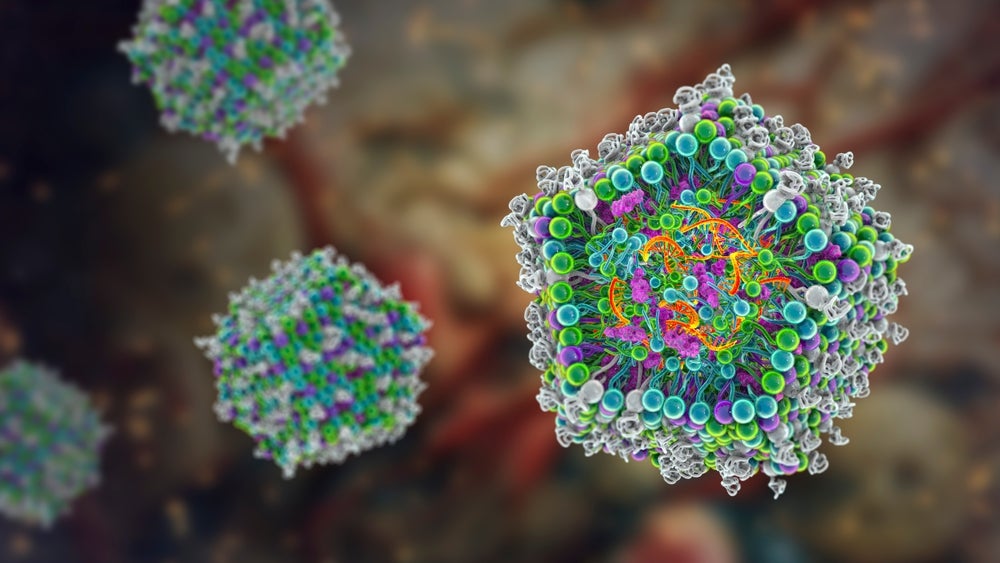

Genprex has announced that the US’ FDA has granted fast-track designation for Reqorsa, its small cell lung cancer (SCLC) therapy.
The therapy involves Genprex’s lead drug candidate, Reqorsa Immunogene therapy, in combination with Genentech’s Tencentriq. It is intended to treat patients with extensive-stage SCLC who did not develop tumour progression after receiving Tecentriq and chemotherapy.
With this fast-track designation, Genprex expects to enroll patients in its Acclaim-3 clinical trial (NCT05703971) in the third quarter of 2023. It will be a Phase I/II dose escalation and clinical response study of maintenance therapy evaluation with Reqorsa and Tecentriq.
The Phase I trial is expected to determine the maximum tolerated dose in up to 12 patients. Phase II will then enrol approximately 50 patients, aiming to reach an 18-week progression-free survival endpoint.
Genprex chief medical officer Mark Berger believed that this designation validated Reqorsa’s potential. He was excited to begin trials, hoping that Reqorsa could be considered a component of initial standard therapy for SCLC for use as early-stage treatment rather than as a treatment for relapse.
Reqorsa works through Genprex’s Oncoprex nanoparticle delivery system. This involves the intravenous introduction of gene-expressing plasmids encapsulated by lipid nanoparticles. In Reqorsa’s case, it utilises a plasmid that expresses TUSC2, a tumour suppressor gene. Often, genes such as this are deleted or inactivated in early-stage cancer development. Genprex claims that virtually all SCLC shows decreased amounts of TUSC2 expression, with 41% completely lacking in any.
This is another key victory for Genprex, as Reqorsa had already received two previous fast-track designations for treating non-SCLC. One therapy, Reqorsa, in combination with AstraZeneca’s Tagrisso, recently advanced to a Phase II trial. Another fast-tracked therapy has Reqorsa combined with MSD’s Keytruda.
As it stands, SCLC is a difficult-to-treat condition with poor outcomes and many unmet clinical needs. Recent developments in checkpoint inhibitors have provided better options for treatment. But analysis from GlobalData has found that new targeted therapies, complementing checkpoint inhibitors and chemotherapy, are necessary to improve overall survival. While it is too early to comment on the efficacy of Reqorsa, the treatment could be well-positioned to fill a gap in the market should it prove effective.
According to GlobalData’s epidemiology database, the SCLC treatment market has already grown considerably. It has doubled since 2019, from $698m to just over $1.4bn in 2023. The market is expected to grow by nearly another billion dollars, reaching $2.3bn in 2029.
GlobalData is the parent company of Pharmaceutical Technology.
Cell & Gene Therapy coverage on Pharmaceutical Technology is supported by Cytiva. Editorial content is independently produced and follows the highest standards of journalistic integrity. Topic sponsors are not involved in the creation of editorial content.
